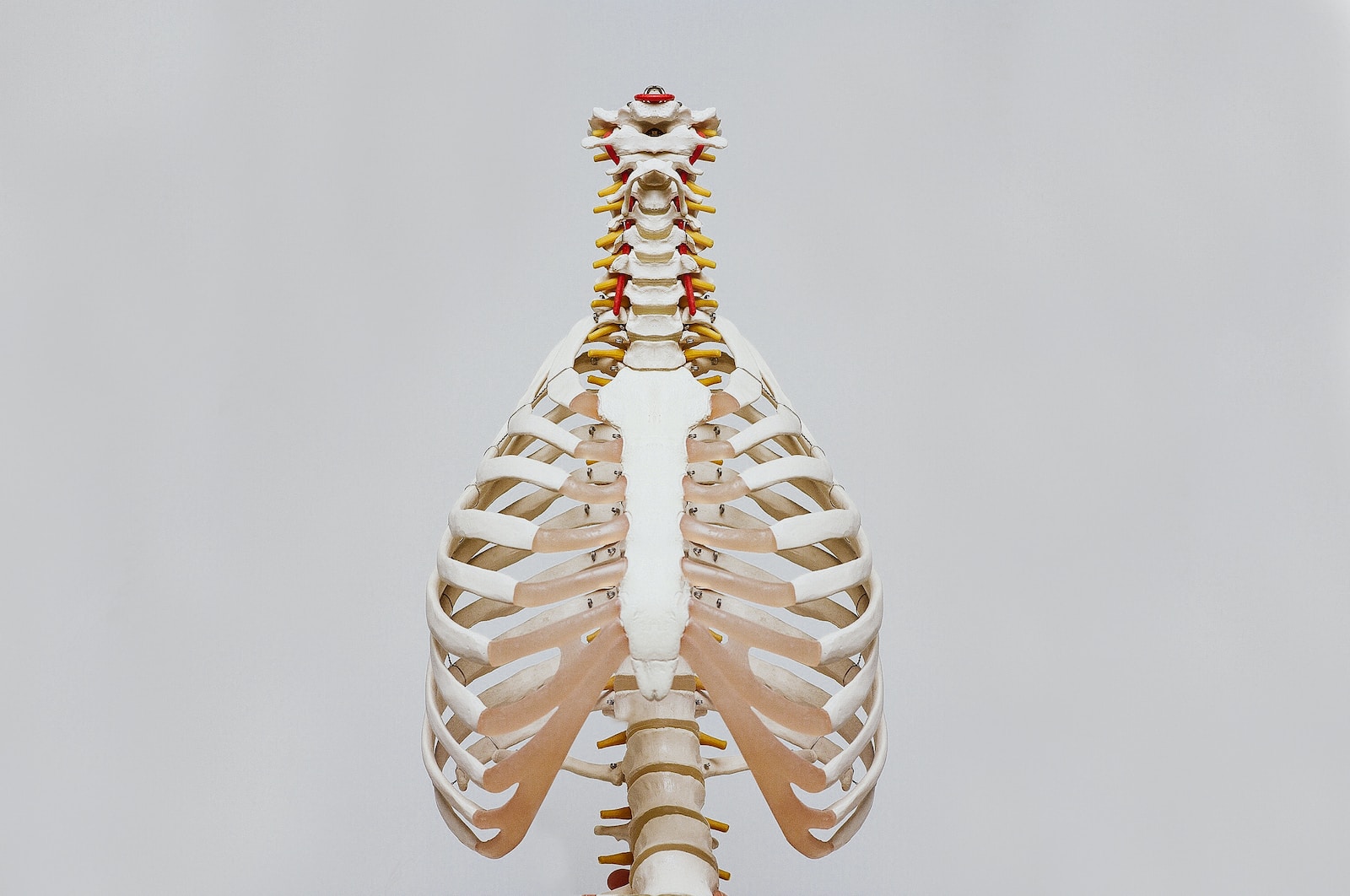Streamlined model for cancer clinical trials has begun enrolling patients
The National Cancer Institute (NCI) has helped to launch a phase three randomised clinical trial that will help to treat patients with an advanced non-small cell lung cancer.
Titled the ‘Pragmatica-Lung Study’, which was announced yesterday, the programme is one of the first NCI supported clinical trials to use a design that removed a number of barriers which prevent people from joining them.
The study, which will use a two-drug combination to help care for people with the form of lung cancer, is part of a wider effort by the National Institutes of Health and the US Food and Drug Administration (FDA) to modernise clinical trials in an attempt to increase their accessibility.
‘This study is designed to eliminate potential barriers to enrolment and provides a model for increasing diversity and enrolment in clinical trials,’ said Monica M. Bertagnolli, M.D. Director of NCI. ‘Pragmatica-Lung, with its critical public and private partnerships, reflects the innovative approaches NCI is taking to achieve the Cancer Moonshot goals, including reducing the cancer death rate by 50% within the next 25 years.’
The trial will examine whether a combination of two FDA-approved medications – ramucirumab and pembrolizumab – improves the overall survival over standard treatment in people with the disease that progressed after previous treatment with immunotherapy and chemotherapy.
With plans to enroll up to 700 participants from around the US, adults with stage four or a recurrent form of the cancer who were previously treated with a type of immunotherapy called immune checkpoint inhibitors, will be randomly assigned to receive either ramucirumab plus pembrolizumab or standard treatment.
The study will focus primarily on how long patients in the two groups live and is expected to complete enrolment by the end of 2025.
Image: Nino Liverani
















